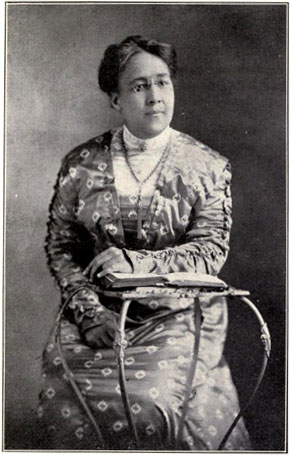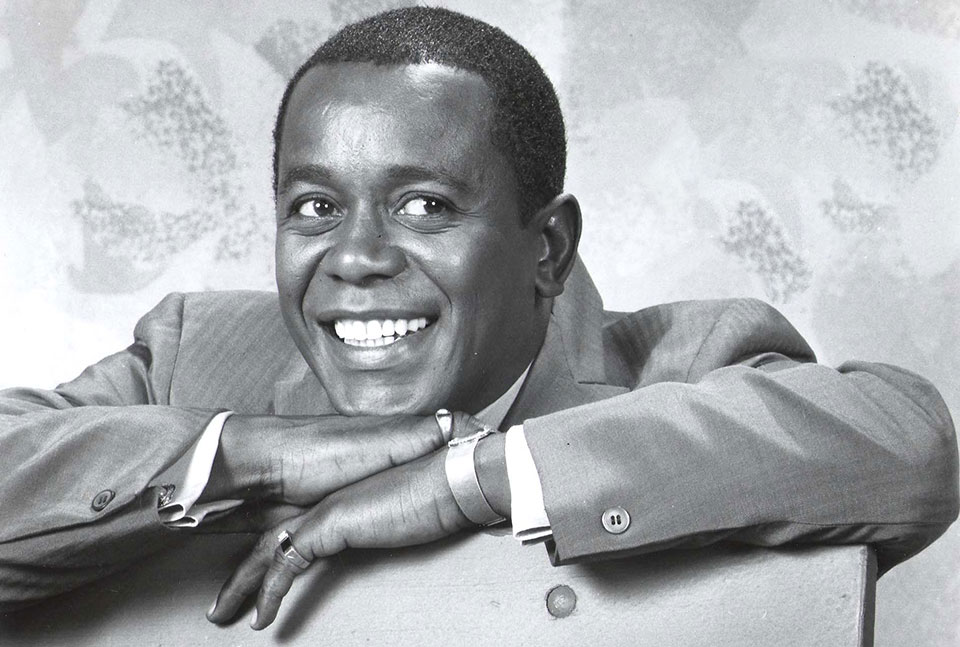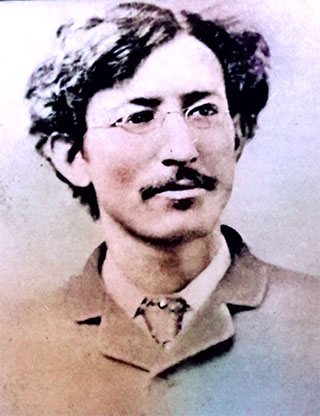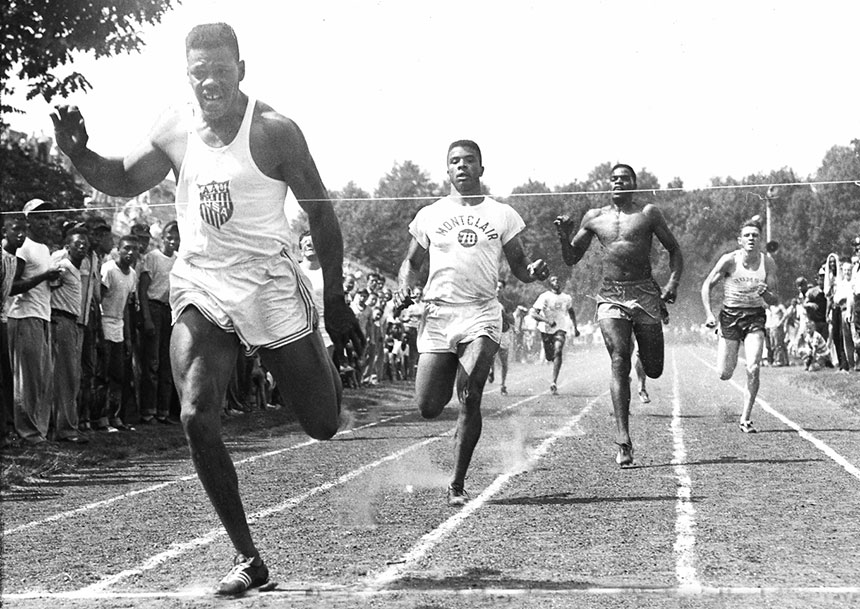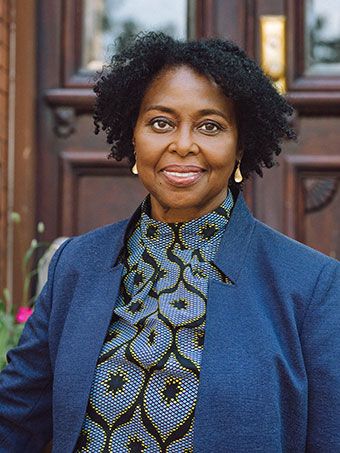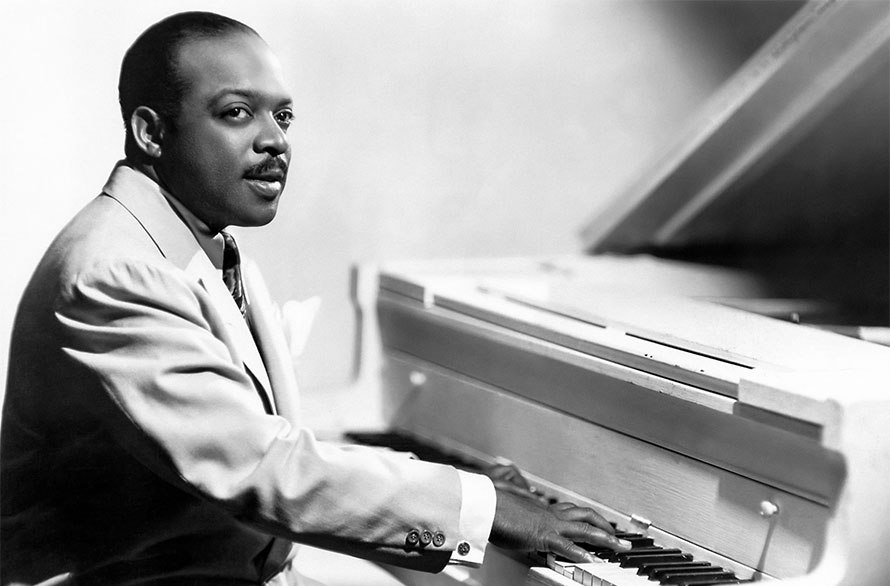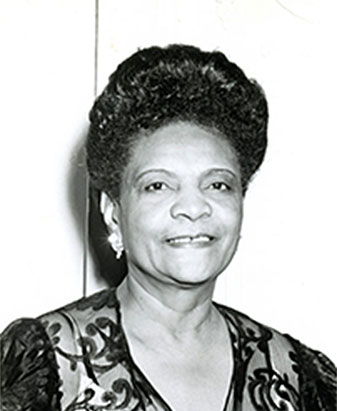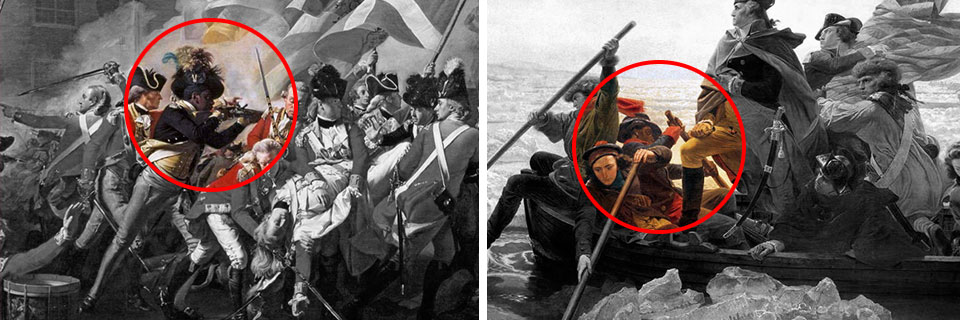The dressmaker who became the conscience of a state.
Florence Spearing was born in South Carolina in 1866 to one of the few free black families in that state during the Civil War.
After the war she became a dressmaker and in 1884 married Hugh Randolph, a Pullman Company employee. The next year Randolph visited her sister in New Jersey and decided to make Jersey City her new home when she saw how much more money she could make as a dressmaker there.
She would not remain a dressmaker for long. The twin fervor of her Christian faith coupled with an unquenchable desire to right social wrongs soon made Randolph a towering figure in New Jersey’s religious, social and political arenas.
For the first two decades of the 20th Century, Randolph worked in a variety of churches in New York and New Jersey, gaining a reputation as a powerful preacher and advocate.
She became active in the Woman’s Christian Temperance Union, served as president of the Missionary Society of New Jersey and organized the New Jersey State Federation of Colored Women’s Clubs, which she served as president for 12 years.
Randolph also sat on the Executive Committee of New Jersey’s Suffrage Association, an organization highly influential in securing passage of the 19th Amendment in 1920. Because her work on the committee was so impressive, Randolph was invited to work on Republican presidential nominee Warren Harding’s campaign later that year.
In 1926 Randolph became the first black woman to enroll in Drew University and today the university offers a Theological School Prize named in her honor. Randolph was the first woman to be awarded an honorary doctor of divinity degree from Livingstone College in North Carolina.
Randolph is best remembered as the pastor of Wallace Chapel A.M.E. Zion Church in Summit, New Jersey from 1925 -1946. She joined a church with no physical building and 35 members. By the time she retired in 1946, the congregation had grown substantially and a red brick chapel had been constructed. The Church is now listed on the New Jersey and the national registers of Historic Places.
Randolph’s work is preserved in the African-American History Museum in Washington, D.C., her contributions are commemorated on the New Jersey Women’s Heritage Trail with a marker at Wallace Chapel, and in the annuls of the Summit Historical Society.



